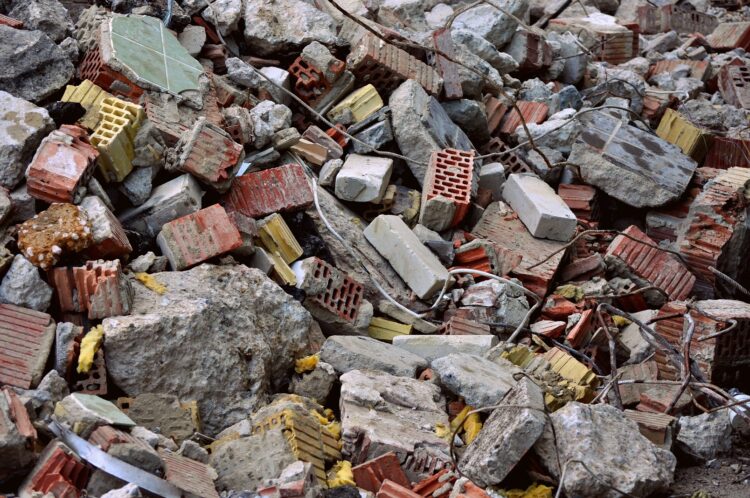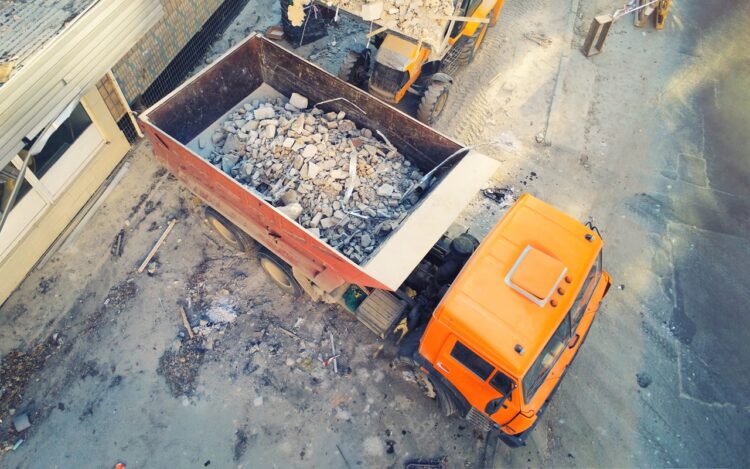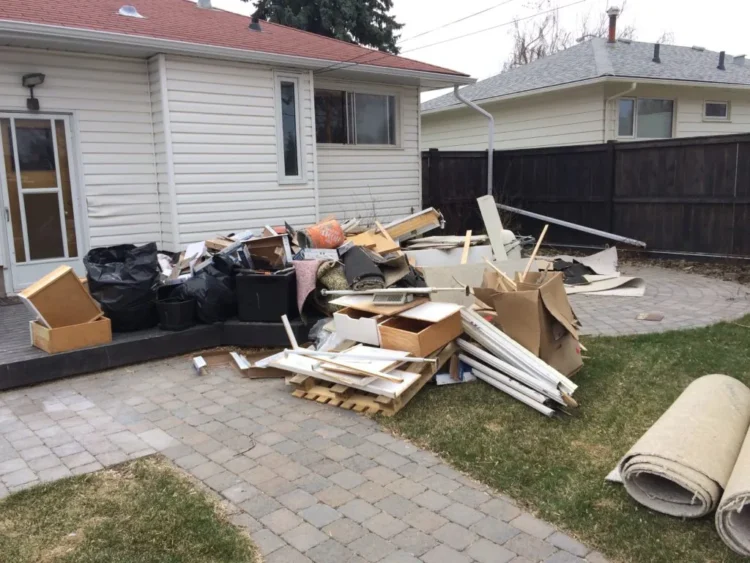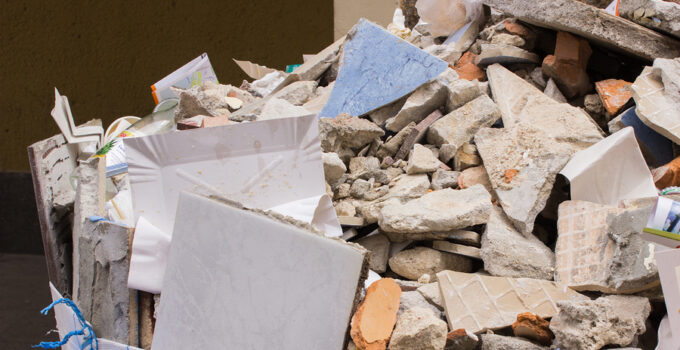When you are renovating your home, there are going to be a lot of materials that come into contact with your property. From flooring to trim and more, it’s important to know how to properly dispose of all of this renovation waste. In this blog post, we will discuss the different types of renovation waste and provide tips on how to properly dispose of it. We will also offer some advice on who you should hire to help with this process. If you are renovating your home, be sure to read this blog post before hiring professionals!
Page Contents
What is Renovation Waste?

Source: medium.com
Renovation waste is any material that is generated during the renovation or remodeling process. This can include any materials that are used in the construction of the structure, such as lumber, insulation, carpeting, drywall, and paint. It can also include any discarded objects that were used during the renovation process, such as tools, hardware, and furniture.
If you are planning on renovating your home yourself, be sure to take inventory of all of the materials that you will need before starting work. This will help you avoid having to dispose of unnecessary waste during the renovation process.
If you are planning on renovating an apartment or condo building, be sure to speak with your property manager about their policies. Many buildings have special restrictions on what type of materials can be stored onsite and how they must be disposed of; if this is the case with your building, be sure to follow these guidelines carefully.
Whatever option you choose for disposing of your waste, make sure to follow all applicable regulations and guidelines. Doing so will ensure that your project goes smoothly and that you minimize the environmental impact associated with redevelopment projects.
When to Hire a Professional?

There are a few factors to consider when deciding whether or not to hire a professional to dispose of renovation waste disposal. First and foremost, is how much work is involved in removing and disposing of this debris? If the job is relatively simple, then it may be best for homeowners to handle it themselves. However, if there are a lot of difficult steps involved or if large amounts of debris need to be disposed of quickly, then hiring a professional may be the better choice.
Another factor to take into account is the homeowner’s experience disposal-wise. If they’ve never handled something like this before, they may not be able to properly dispose of it properly. Hiring someone who has experience with this type of material will help ensure that everything gets disposed of correctly and without any problems.
Finally, it’s important to consider cost when making the decision to hire a professional versus doing it yourself. While there may be some initial costs associated with hiring someone for this task, overall it may end up being cheaper in the long run. Plus, having someone else do all
Safety Precautions

Source: twitter.com
If you’re planning to dispose it yourself, there are a few things you need to know first. Disposing of renovation waste properly is important not only for your own safety, but also for the environment. Here are some tips on how to do it safely:
1. Get a permit. Before you start any demolition or renovation project, you’ll need to get a permit from your municipality. This will help ensure that all required permits and regulations have been met and that the work is done in a safe and responsible way.
2. Use certified materials. When choosing materials for your renovation project, make sure that they’re certified by an accredited certification organization such as the National Sanitation Foundation (NSF). Certified materials are more likely to meet building and health codes, which means they’ll be less likely to release harmful toxins when disposed of improperly.
3. Use appropriate disposal methods. There are many different disposal methods available, but some are better than others depending on the material involved and the locale where the waste will be disposed of. For example, using an incinerator can be effective for disposing of solid wastes such as concrete and metal debris, but it’s not suitable for organic materials like wood or insulation because these substances produce toxic fumes when burned.
What are the different types?
There are a few different types of renovation waste that you’ll want to be aware of before hiring professionals to take care of it for you. Some common types of renovation waste include:
• demolition and construction debris
• insulation materials
• carpeting and flooring
• cabinets and furniture
• paint and other painting materials
• glass and other glassware
• appliances
How to Do It Yourself

Source: medium.com
There are a few things you need to know before hiring professionals to take care of your renovation waste. Here’s what you need to know:
• It is different from regular household garbage. It includes materials used in a renovation project, such as old paint, insulation, and wood scraps.
• It must be disposed of in an approved landfill or incinerator. It cannot be put in the regular garbage stream.
• If you’re disposing of it yourself, make sure to follow all local regulations. You could face fines if you don’t properly dispose of your renovation waste.
Tips for reducing this type of clutter
Reduce renovation waste by following these tips:
• Inspect the renovation project before starting. This will help you identify and avoid waste during the renovation process.
• Break down the renovation project into manageable steps. This will help you track your progress and stay organized.
• Use reusable or recyclable materials whenever possible. This will reduce the amount of waste that needs to be disposed of.
• Ask your contractor about specific waste disposal guidelines for renovations. Some may require specific types of recycling or composting facilities.
Conclusion
Before you hire professionals to help with your renovation, it is important that you are familiar with the correct disposal methods. This will help to ensure that any waste generated during the renovation process is handled in an environmentally responsible way and does not end up contributing to environmental disasters down the road.




